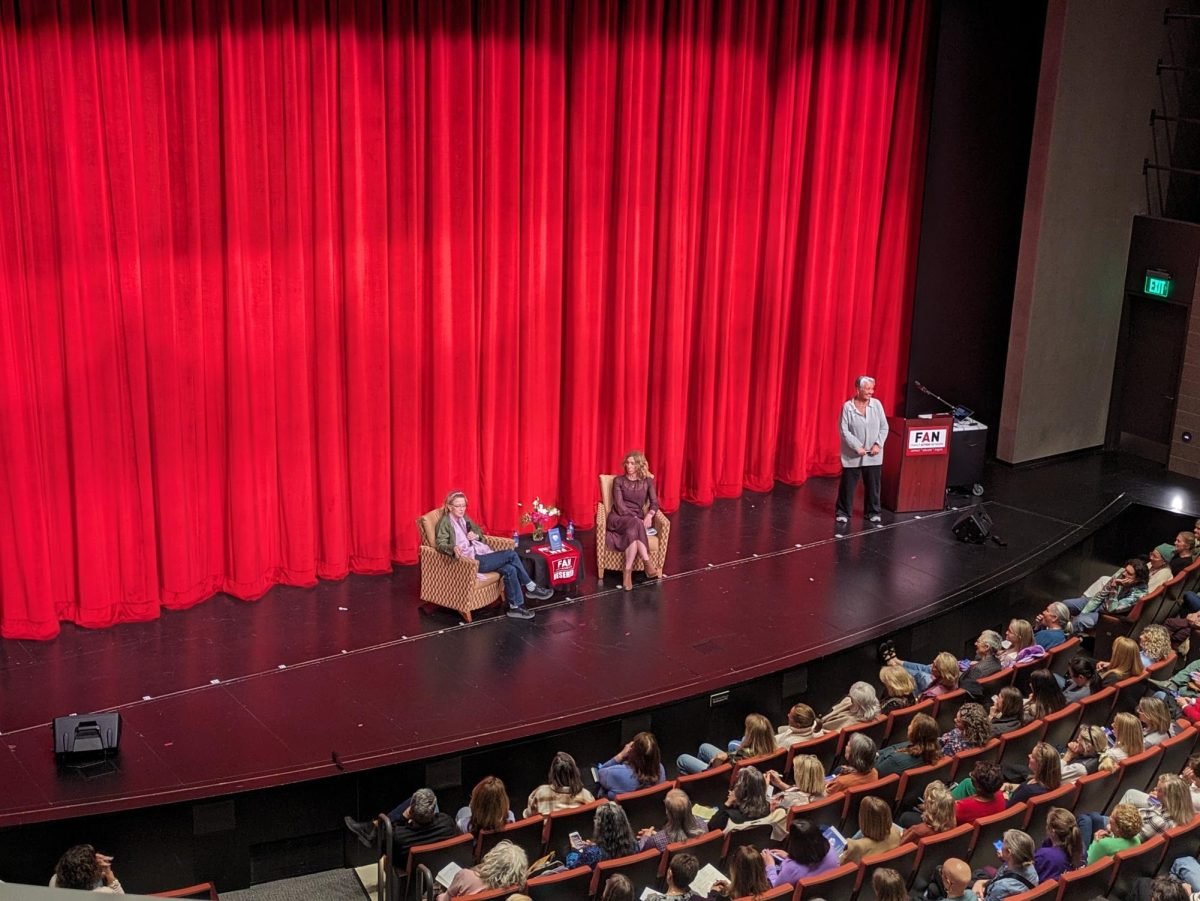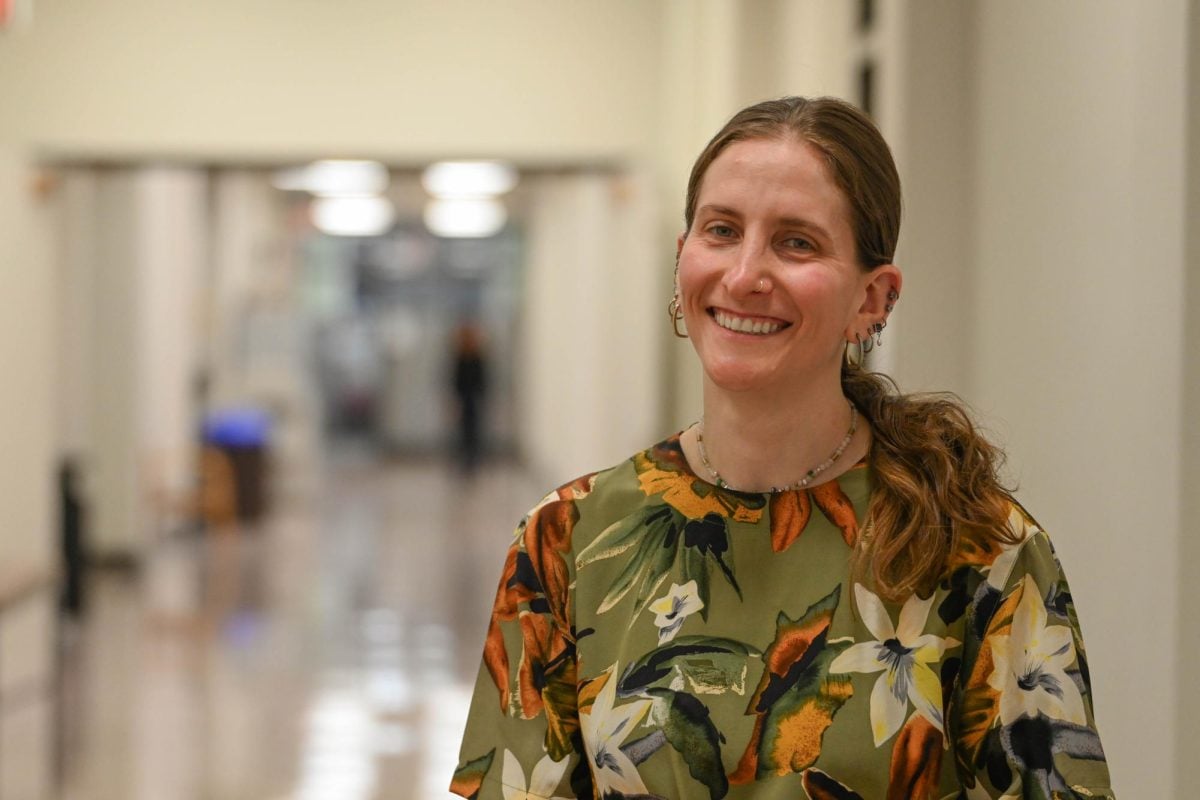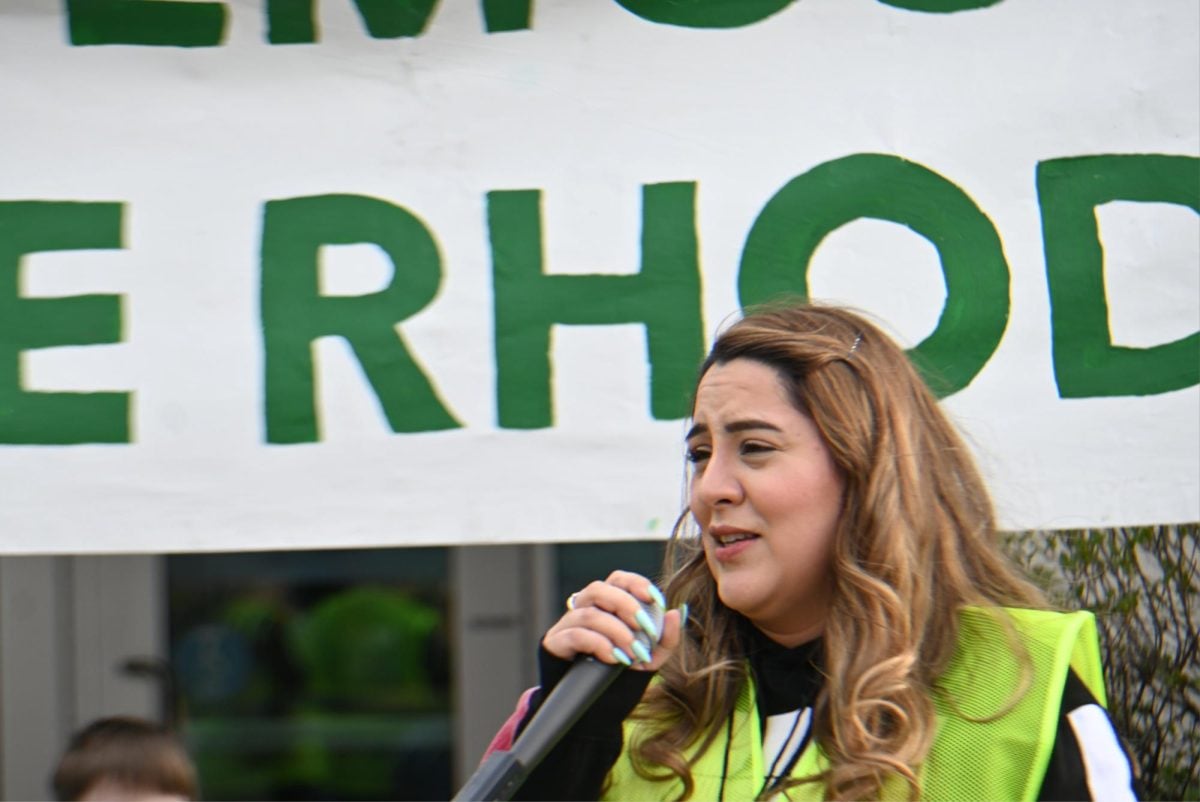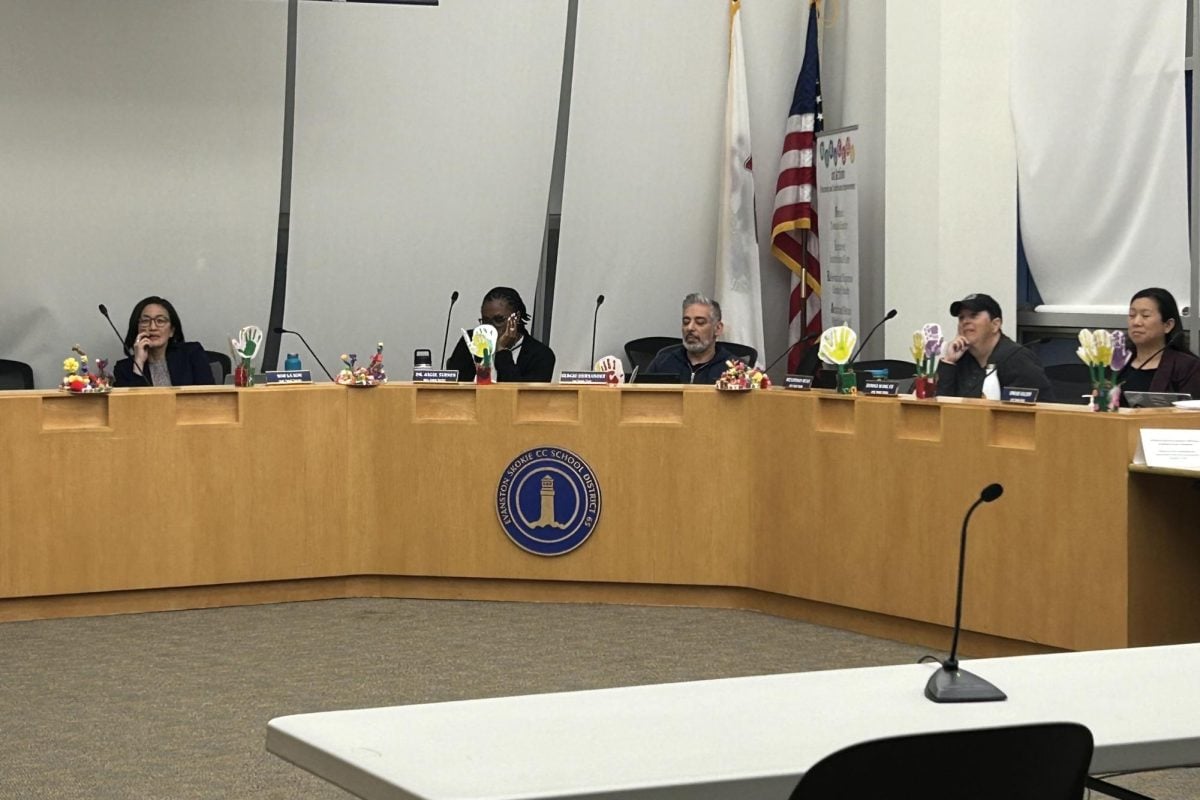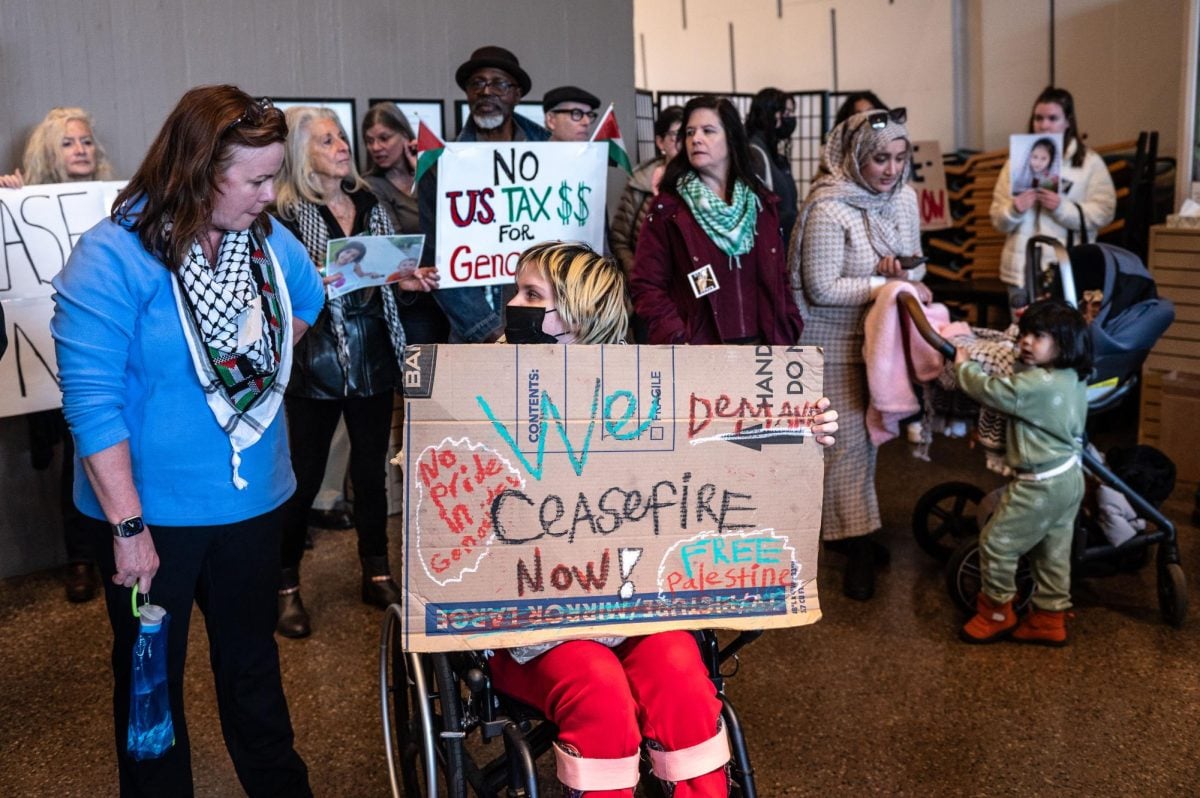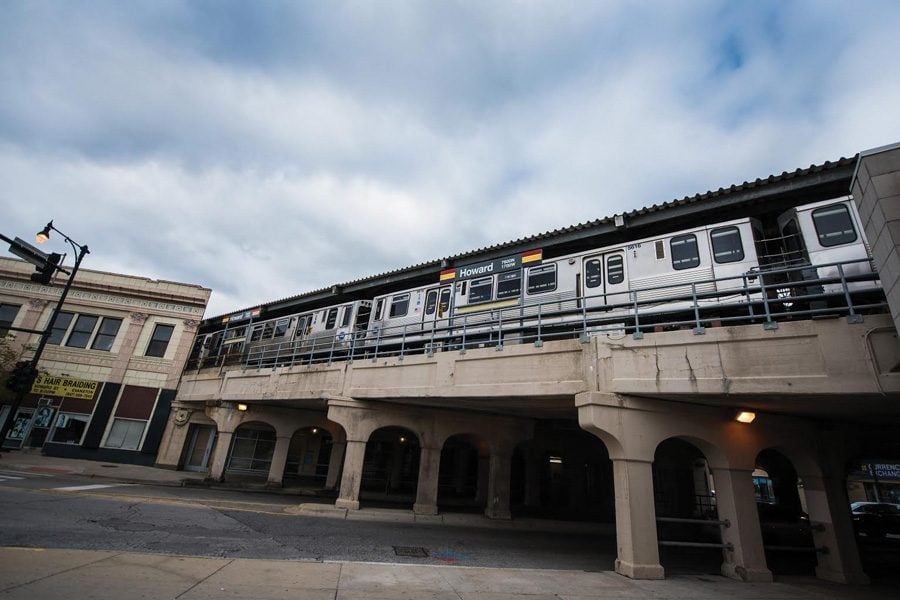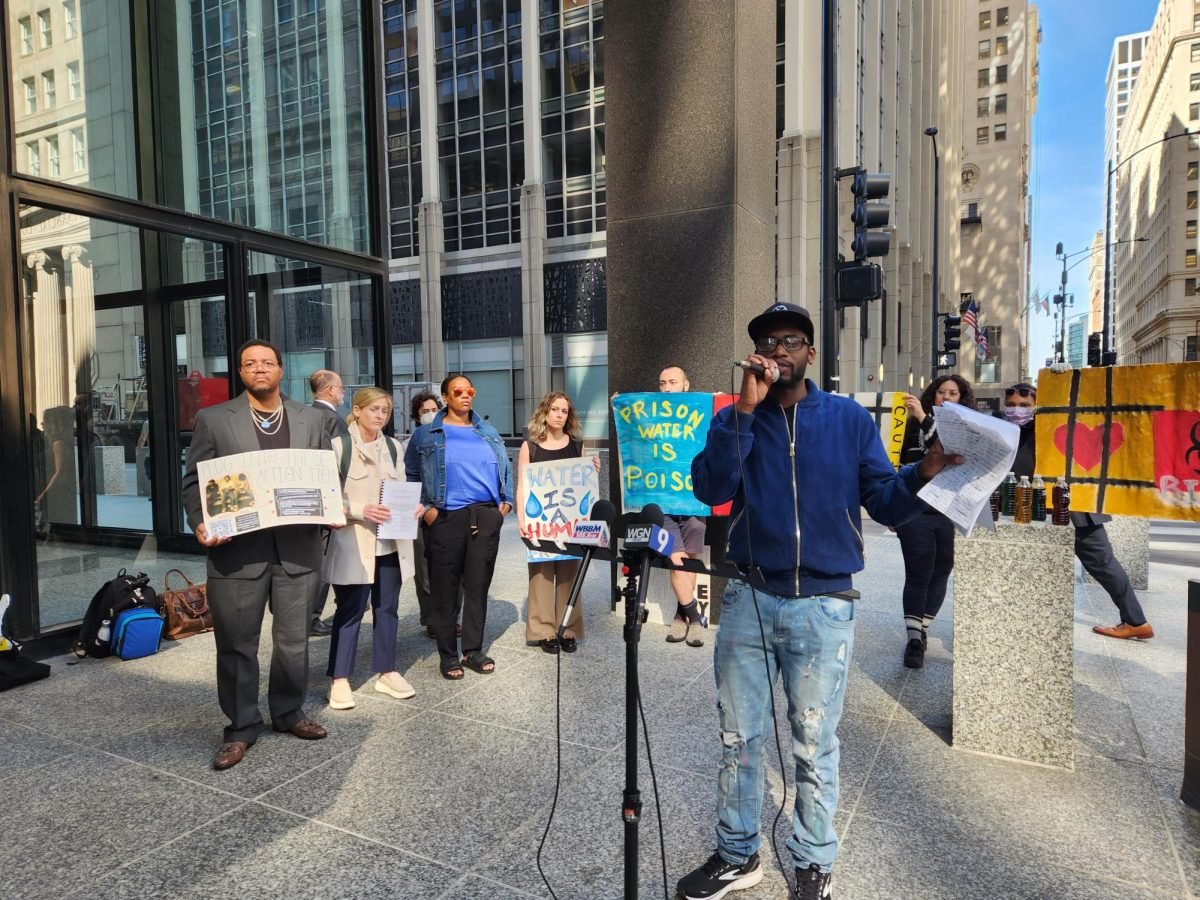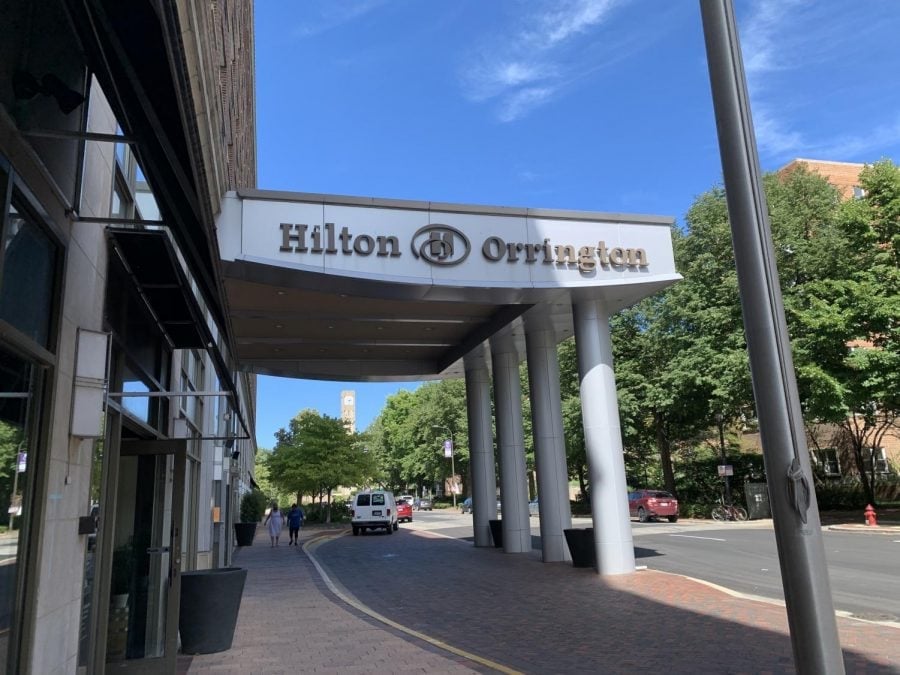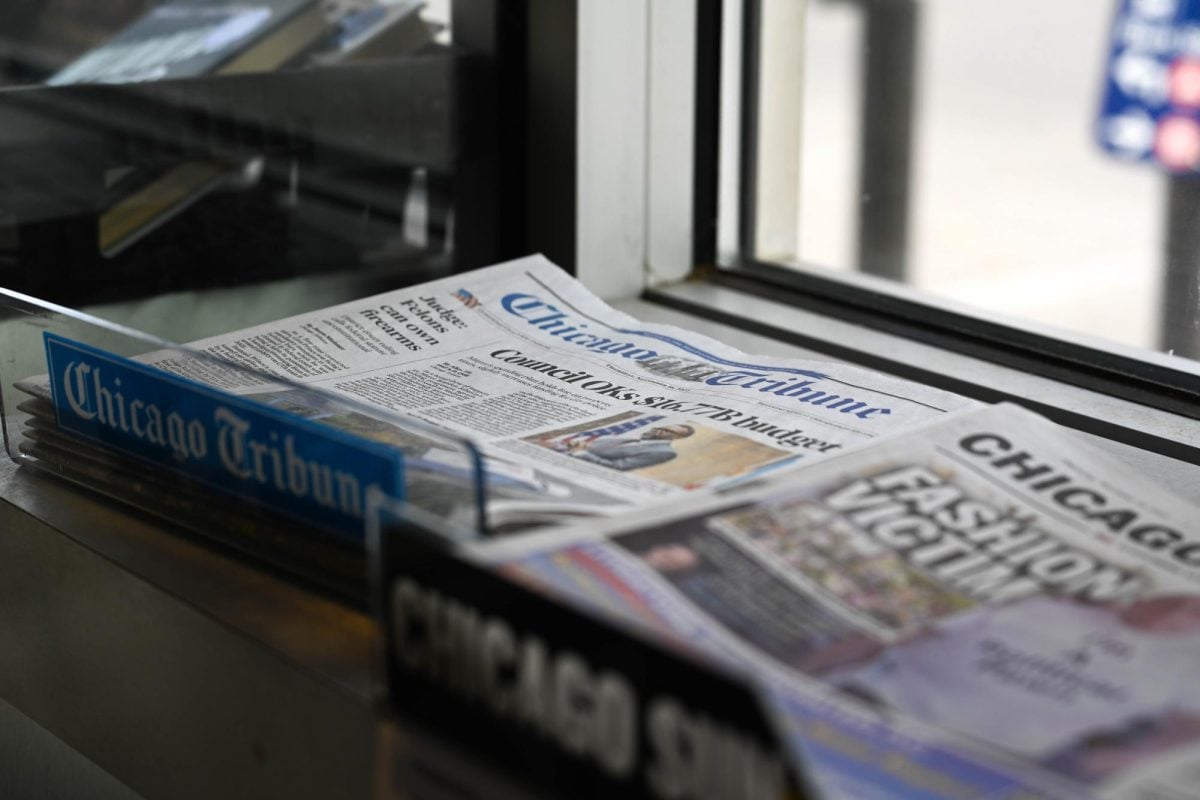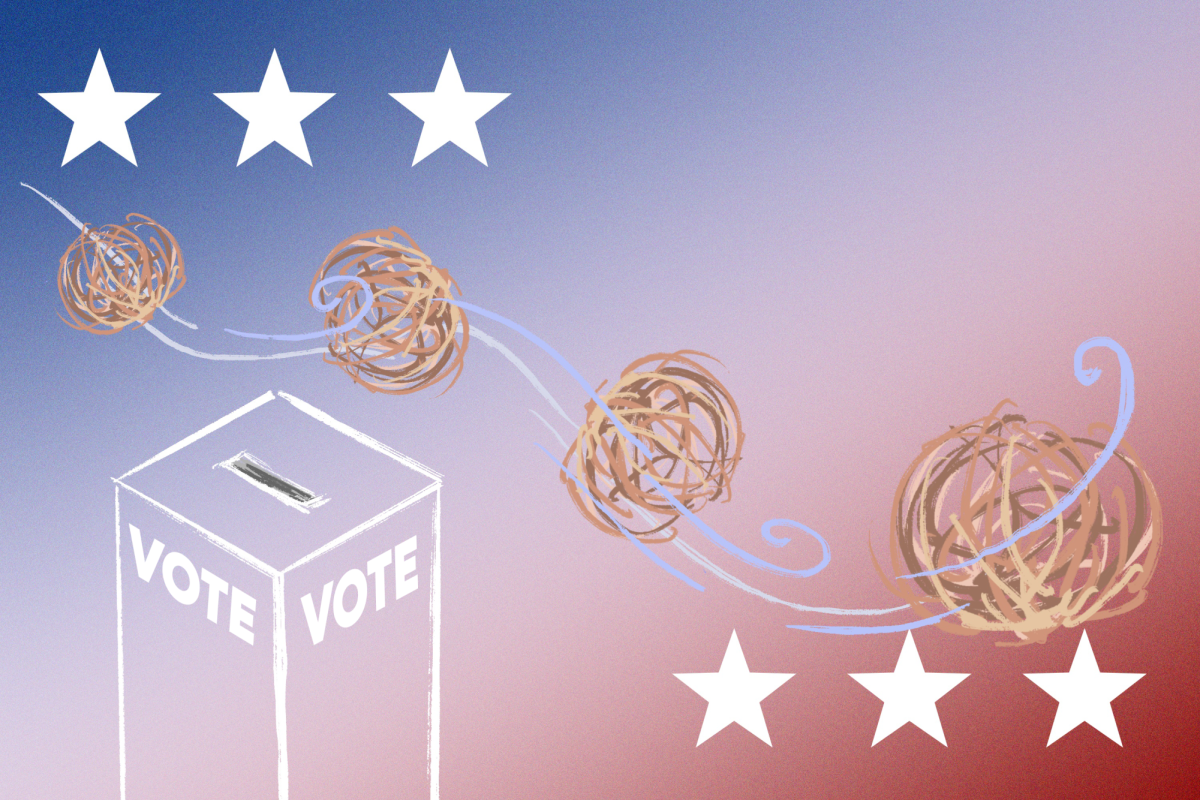Metra fares increased Wednesday by an average of 25 percent across the board – the greatest single fare hike in the Chicago-area rail line’s history.
The Metra board unanimously approved the 2012 budget containing the fare increases Nov. 11 after a series of public discussions.
“We need to have a balanced budget every year and our revenues were not keeping pace with our expenses,” said Metra spokesman Michael Gillis.
The rate increases will help close Metra’s $53.6 million budget gap.
Evanston lies in the C zone on the Metra system. The cost of a one-way ticket from this zone to downtown Chicago increased from $3.50 to $4.25. Ten-ride fares jumped from $28.50 to $38.25, and the cost of a monthly pass increased 33 percent from $90.45 to $121.
Commuters waiting at the Evanston Davis Street station Tuesday had mixed reactions to the rate hikes.
Kristy Riley of western suburb Glen Ellyn, Ill., regularly takes the Metra to Northwestern, where she coordinates the school’s graduate audiology program.
“I decided to drive yesterday, and as I was sitting in traffic going home last night, I realized there was a reason why I pay for the Metra ticket,” Riley said. “Metra is a business, and they have to do what they have to do. I trust them to do what is in the best interest of their customers.”
Jan Clements lives in Zion, Ill., near the Illinois-Wisconsin border, and commutes every day to his job in Evanston. He said the rate hike was too severe for a one-time increase.
“Even though Metra hasn’t raised prices for a while, they still could have increased the fares gradually over time,” Clements said. “I understand that they need to bump it up, but it is still a little too steep.”
When the rate increases were proposed last year, Gillis told the daily a variety of factors forced Metra to make the “difficult decision” to raise prices in order to close the budget gap.
“The single largest element driving our costs higher is the cost of diesel fuel, which has just been increasing sharply in recent years,” Gillis said. “We also have new federal regulations to follow and higher insurance premiums that are adding to our costs and driving our expenses up.”
In addition to rising costs, Gillis said Metra is suffering from a lack of incoming revenue due to the sagging economy. Metra, along with CTA and Pace, receives proceeds from a regional transportation sales tax in Chicago.
Transportation sales tax is part of the regular sales tax that is tacked on to any purchase made in Cook County, Gillis said. Less consumer spending means Metra, CTA and Pace receive less money from the city.
“Because the economy has been slow, those sales tax revenues have been far lower than what we projected back in 2008,” Gillis said.
The rate hike will also impact the Medill School of Journalism, Media, Integrated Marketing Communications and its students who commute to Ravenswood twice a week as part of a 300-level course. Medill provides Metra passes to the students to cover the cost of traveling to and from class.
Douglas Troutman, associate Medill dean for administration and information technology, said in an email to the daily last year that the school provides approximately 100 passes annually and will pay the newly raised fares.
“The Medill 301 course is integral to the education of our undergraduate students,” Troutman said, referring to the journalism class sophomores are required to take. “We will continue to provide Metra passes for our students as long as we have a storefront bureau in a neighborhood that requires Metra transportation.”
Troutman said the funding comes from “generous supportive donors” who contribute to Medill and will “assist in covering the increased costs of the Metra passes.”
Other changes to existing refund policies went into effect Wednesday and are aimed at saving money to help close Metra’s budget gap.
One-way tickets are no longer refundable, and ten-ride tickets are refundable for only three months instead of one year. Also, the one-way tickets now expire after 14 days instead of one year.
The new budget also eliminated a program that previously allowed young adults between the ages of 12 and 17 to pay half price on weekends and holidays.
Gillis said Tuesday that Metra “does not ever anticipate having a fare increase of this magnitude again” and future increases will be more gradual.

